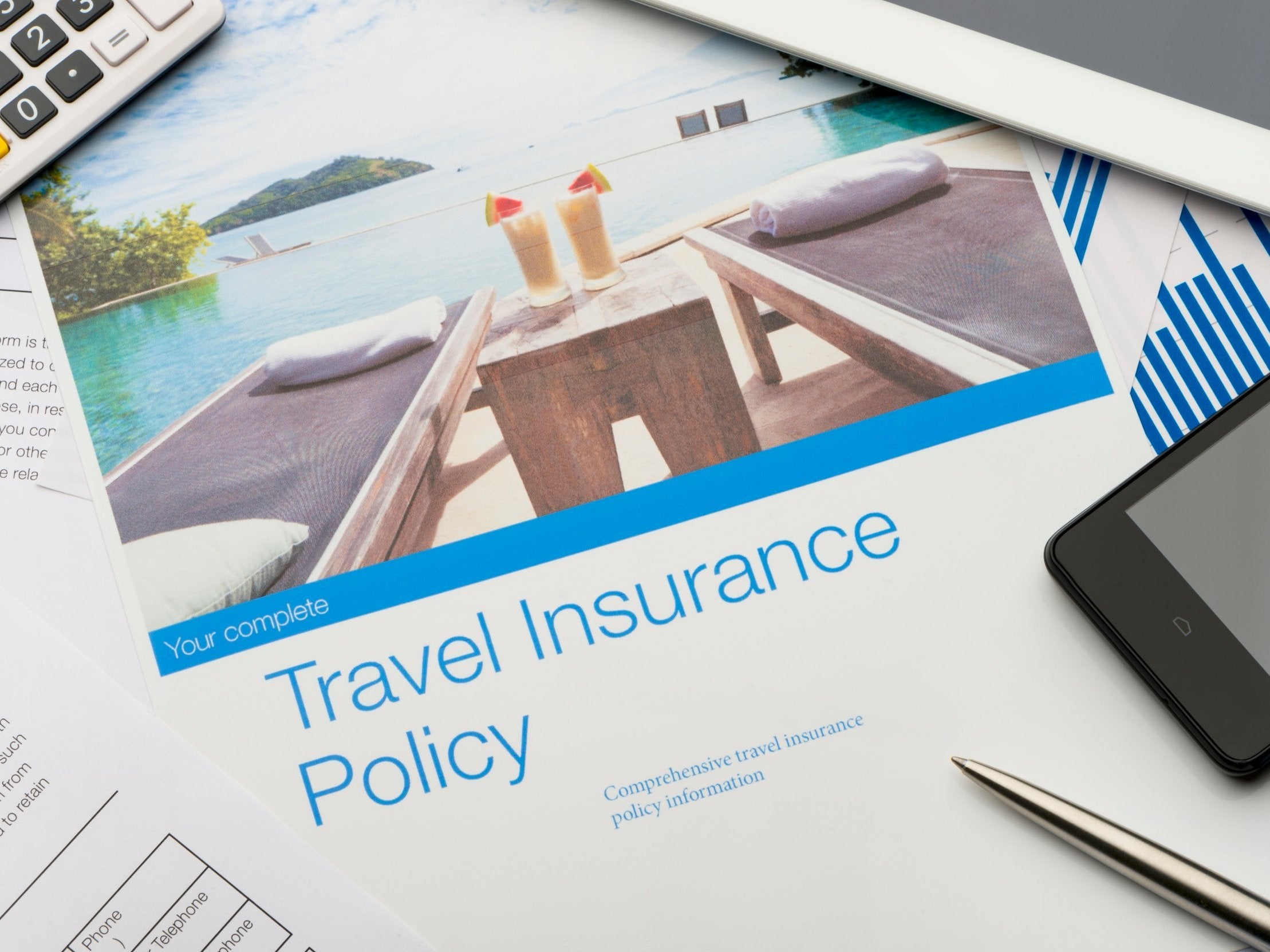Can I swap my Hong Kong trip because of the trouble?
Simon Calder answers your questions on the unrest in Hong Kong, EU travel after Brexit and ‘consequential losses’


Q I have a trip to Hong Kong planned from 31 October to 5 November. I had already booked my flight and hotel way before the trouble started this year.
With everything that’s going on there, and with how my trip falls mainly from Friday to Wednesday, with the trouble mainly occurring over the weekends, at this point I would prefer to spend my time in Macau.
I was wondering if there’s any chance of me getting my money back for the hotel? I booked through Expedia using a credit card, but didn’t choose the option with free cancellation.
Dan H
A The political strife in Hong Kong has now been going on for months. While it shows little sign of abating, there is a possibility that it may do so in the next couple of weeks. So I urge you not to book accommodation in nearby Macau, in the hope that peace and tranquillity descends on Hong Kong.
Assuming, though, on landing you choose to head straight to Macau, yours is a case in which going through an intermediary such as Expedia can add cost and complexity. With no sign that the Foreign Office is going to warn against travel to Hong Kong, the chance of getting a refund is low (though it is always worth asking).
One more possibility occurs to me: it may be that your Hong Kong hotel has a sister property under the same ownership in Macau (plenty of them do). If this is the case, it is not completely out of the question they could agree to the booking to be transferred from one to the other.
Two final pieces of advice for future trips for which you may or may not thank me. First, for an off-season trip like yours, booking months in advance is simply unnecessary: a week or two would be more than enough, and sharply reduces your exposure to a wide range of risks, from political upheaval to personal circumstances.
Second, it may be that Expedia gave you an unbeatable flight-plus-accommodation deal, along with package-holiday protection. But if you typically book separate elements, going direct rather than through an intermediary can be helpful – for example you may get a similar rate but without the need to pay in advance, with penalty-free cancellation up to a day or two before arrival.

Q My daughter, who is 15, is travelling to Italy at the beginning of April 2020. Her passport expires in January 2021. As there will be more than six months left on her passport, we understand that we will not need to renew it. But I have two questions. First, what is the likelihood that my daughter will need more than six months left on her passport after Brexit? Second, do you think there are going to be any major changes to passports that make all passports issued before Brexit invalid, requiring everyone to get a new post-Brexit passport?
Name and address supplied
A Even if the UK crashes out of the European Union with no deal and a blazing row with the remaining 27 countries, there is no prospect at all that the EU will demand more than six months’ validity on arrival. In fact even this stipulation is a case of the UK government erring on the side of caution.
The basic rule for the Schengen Area, to which the vast majority of European Union countries belong, is that travellers should have 90 days validity remaining on the day they intend to leave the area. Since travellers from “no-visa” countries such as post-Brexit Britain can stay for up to 90 days without further formality, the UK government has added the two together and then rounded the total up by a couple of days to six months.
A traveller who has 92 days remaining on their passport should be able go on a two-night break to Amsterdam, Paris or Rome. But I don’t advise that anyone actually tries this, because airlines may adopt the UK government’s extra cautious approach – and, if they deny boarding, however unfairly, they will be able to hide behind the official British “rules”, even though they appear to be a misinterpretation of European regulations. Still, this is what 17.4 million people voted for, according to Brexiteers.
At present any British passport is recognised as an EU travel document and is therefore valid for travel anywhere in the European Union up to and including the date of expiry. After Brexit, a UK passport will continue to act as a travel document worldwide, but with strings attached in Europe – with one particular problem that the EU will regard any passport issued more than 10 years ago as expired. This will not apply to your daughter, though, because her passport (as a 15-year-old) is valid only for five years.

Q I’m just about to buy travel insurance for trips to Cuba and Portugal. I’ve heard you mention a phrase to look for in connection with car parks, hotels, etc, should the airline fail. I think its “inconsequential circumstances” but would appreciate confirmation.
Caroline
A How confusing this past month has been in terms of consumer protection for travellers. First British Airways cancelled more than 2,000 flights due to pilots’ strikes (one of which took place, one of which didn’t). That was bad enough, but made worse by BA’s flat refusal in many cases to meet its minimum obligation under the European air passengers’ rights rules to re-book passengers on the closest alternative flight. The airline offered refunds or alternative departures on its own services, but I hear from some passengers that it is rejecting claims for “consequential losses”, which I believe is the term that you have in mind.

These are costs associated with a trip that are lost when the holiday is changed or cancelled. Typically travellers might book parking at their departure airport and/or an airport hotel; car rental at their destination; and attraction tickets. Some of these may be cancellable or changeable, but increasingly they are non-refundable.
The collapse of Thomas Cook affected even more people: 800,000 of us had advance bookings with the failed holiday giant this winter and next summer. When the company went out of business on 23 September, there was no one from whom to claim consequential losses.
Which is where travel insurance can come in. Some more expensive policies have cover for these kinds of losses, but you really need to read the small print to be sure.
Email your question to s@hols.tv or tweet @simoncalder
Join our commenting forum
Join thought-provoking conversations, follow other Independent readers and see their replies
Comments
Bookmark popover
Removed from bookmarks